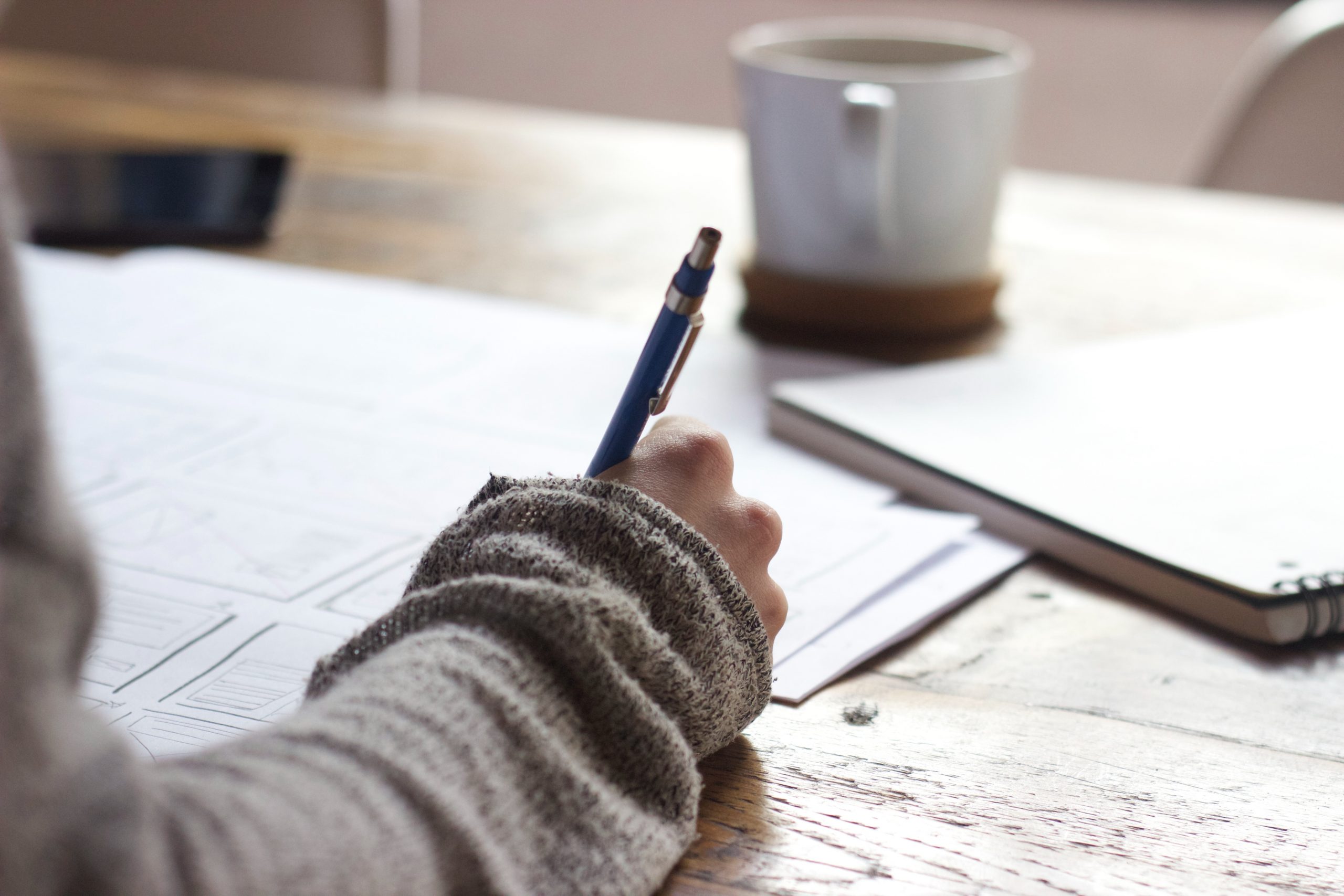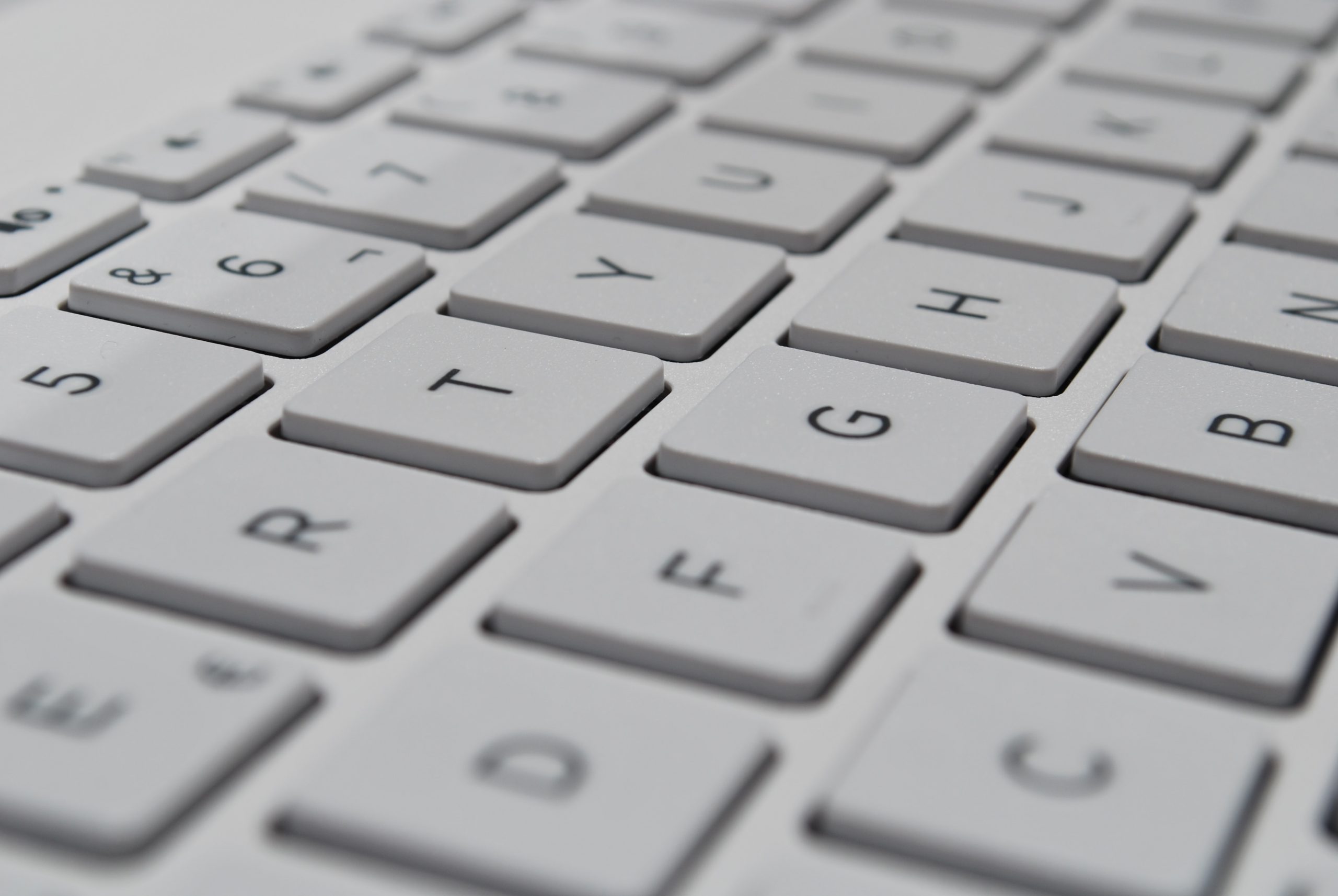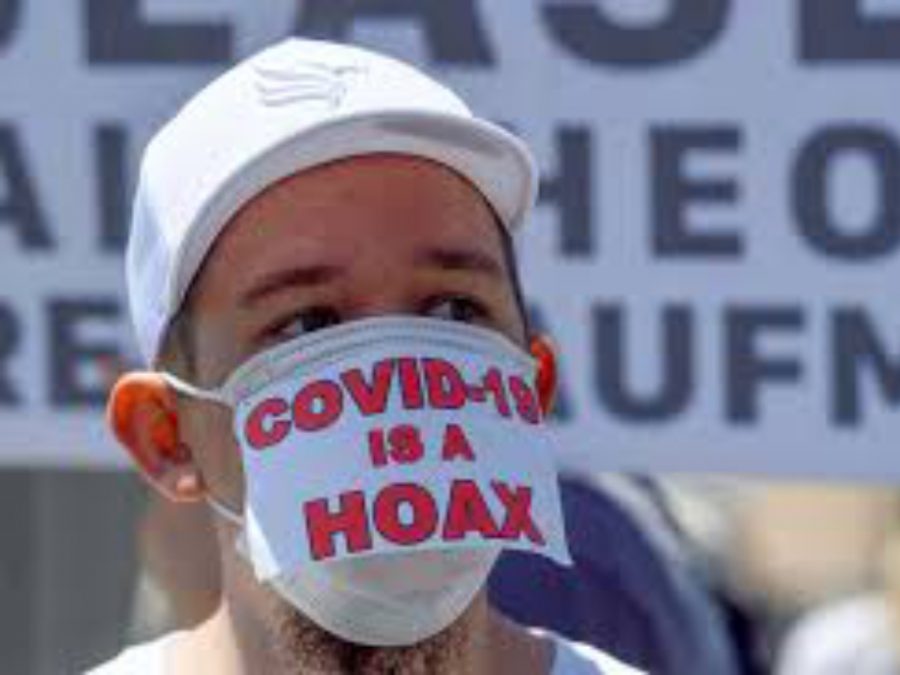
Anthony Woollard: If A Levels were abolished, what could replace them?
September 1, 2020
Modern Believing January 2021
September 7, 202010,000 in London, 38,000 in Berlin: protestors claiming that Covid is a hoax. Why on earth do they believe such nonsense? But then why do I, and others, think we know better? We all tend to assume that our sources of information are reliable, but it won’t do to write off the people we disagree with as ignorant idiots.
We can’t just agree to disagree. It matters. Some are severely disadvantaged by the restrictions on movement. So how have you and I got convinced about ‘truths’ which completely contradict what our next door neighbours believe?
There have always been radically different beliefs about how the world works and how we should live. In some cultures it is normal to attribute illness and death to the curse of a local witch. In mine it isn’t. We could live with the differences as long as they were between one society and another. But now, with the rise of the internet, the differences are within societies. As a result, we can’t agree on what our own society should be like.
The problem with experts
Yet every society needs shared standards: of what counts as justice, acceptable behaviour, knowledge.
Behind the protests lies a radical challenge to the standards we have inherited. Four years ago Michael Gove, then Lord Chancellor, famously declared:
I think the people of this country have had enough of experts with organisations with acronyms saying that they know what is best and getting it consistently wrong.
So if experts don’t know what is best, who does? By what magic potion or divine revelation does Gove know better than experts? Or is there no such thing as best? Is it just a matter of everyone to their own preferences, as some postmodernists argue? And in that case, aren’t we condemned to endless disagreement and conflict?
What can we know?
The medieval consensus worked for a long time. By the third century Gnostics were losing the argument that the human mind is deliberately designed to mislead us about reality. Instead, Catholics argued, God has designed our minds to know what we need to know. We are not given complete knowledge. We make mistakes. Selfish desires motivate us to believe falsehoods. Only God knows everything.
It lasted until the eighteenth century. Then, atheists took God out of our ideas of knowledge. So the real truth was no longer known by God. Who was it known by? Anyone at all? And if nobody, how can we ever know when we have got to the truth? Indeed, is there such a thing as truth?
In practice the complete and certain knowledge previously attributed to God got reallocated to the educated Enlightenment elite. They knew they didn’t have it, so they set out to get it. Until the end of the nineteenth century it was widely believed that experts were in the process of finding out everything about everything. From this tradition we have inherited the idea that there is a set of absolutely certain ‘facts’ known to the experts.
Postmodernists rightly pointed out that this exaggerates how much experts know. Some went further. Some argued that, since we have no ‘God’s-eye-view’, all we have is different societies conceiving of reality in different ways. You to your witches, my to my doctors.
The trouble is, this may work between separate societies, but it doesn’t work within them. Either we have a duty to restrict our movements to limit the spread of Coronavirus, or freedom of movement is an unbreakable right. Whichever it is, it has to apply to you and your neighbours alike, however much you disagree with each other.
Some principles
When faced with a new virus, we need experts to study it. We need to accept that experts have limited knowledge, make mistakes, and are sometimes biased by personal motives. They are not perfect. The rest of us need to debate, publicly and respectfully, their possible biases and limitations. But we are also easily misinformed by people out to con us. So we need to accept that experts know more about their expertise than the rest of us know. We need to know who they are, and how to find out what they are saying.
This is a picture of relative knowledge. Between us we don’t know everything, we don’t know anything with absolute certainty and we get things wrong for all sorts of reasons. But some of what we think we know is factually, objectively true: that is to say, it corresponds to the reality outside our minds. There is a truth about the way things are and we try to find it out. The search for truth demands careful listening to the people we disagree with, to find out what causes the disagreements.
Philosophers call this account of knowledge ‘critical realism’. Critical realism worked well in the medieval Catholic system, where absolute truth was known to the mind of God but only partly known to humans. When we left God out of the picture, absolute truth became harder to believe in. It became easier to believe the only truths are the things people choose to believe in.
If we are to believe that there is a truth about reality and its viruses, we don’t need to believe in a bearded old man in the sky but it helps to believe in absolute truth known to an absolute mind. The expertise of our experts is our best endeavour so far to understand.




